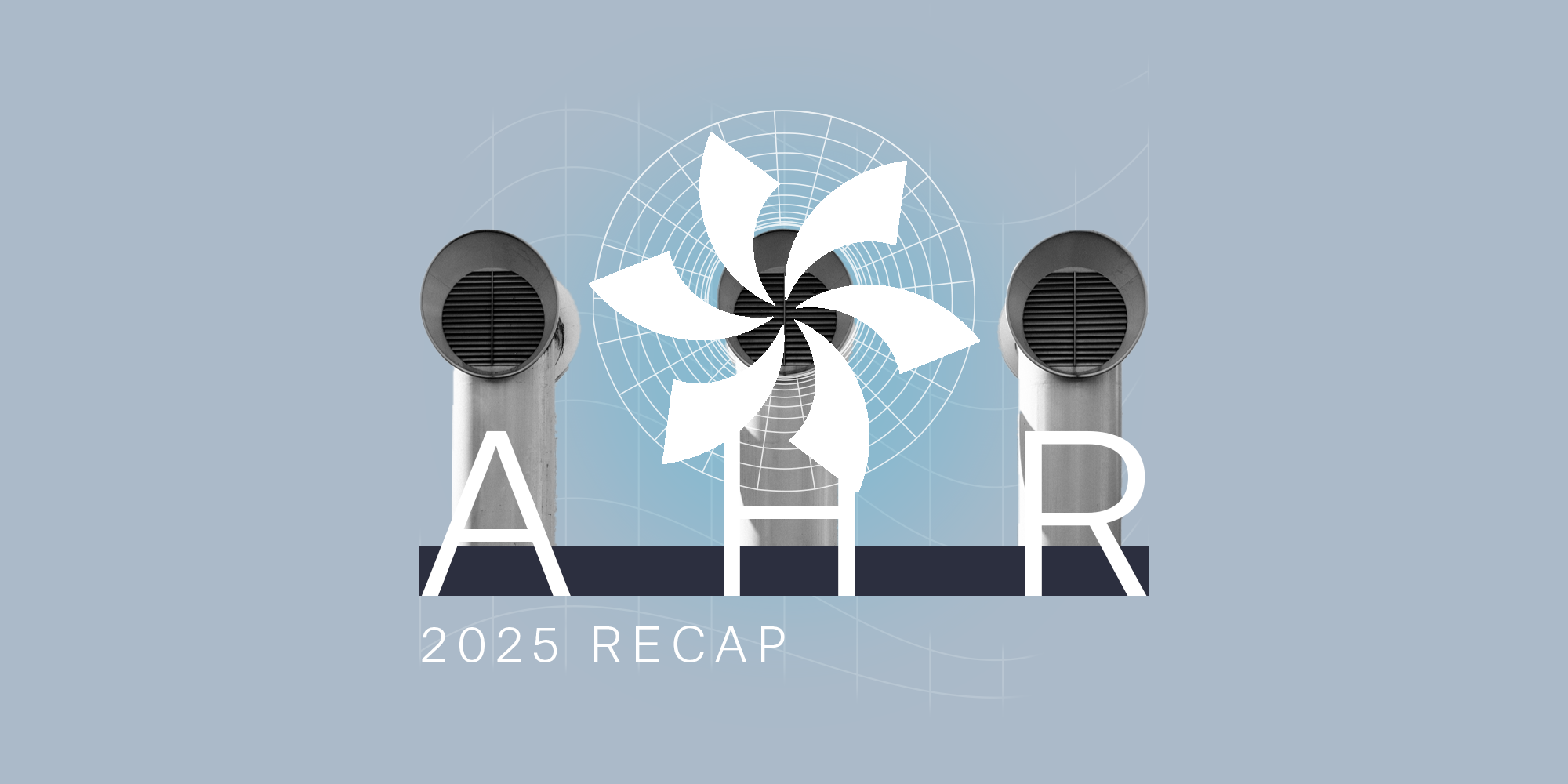AI agents: Meet your new productivity partners

Key takeaways
- AI agents are redefining productivity by autonomously executing complex tasks and collaborating with humans, far surpassing traditional AI tools like ChatGPT.
- These systems take initiative, handling multistep workflows from booking trips to optimizing building operations, without human intervention.
- AI agents are already being adopted by major companies like Microsoft and Google, signaling their growing role in industries like finance, energy, and supply chain management.
- Rather than replacing humans, AI agents empower workers to focus on strategic, creative, and high-value tasks by taking over time-consuming, data-heavy processes.
- The future of AI is multi-agent systems, with AI agents working together to solve complex, real-world challenges, from managing smart cities to optimizing transportation networks.
Author
Jean-Simon Venne
President, Founder, Chief Technology Officer, BrainBox AI
If you haven’t heard of AI agents yet, wait five minutes. This new wave of technology has AI evolving from useful tools to indispensable partners. Unlike ChatGPT, these autonomous systems don’t just passively process information - they act on it, executing tasks and collaborating with humans and other systems to catapult our productivity to previously unimaginable levels.
In this week’s Q&A, BrainBox AI Co-Founder and CTO, Jean-Simon Venne expands on the shift from knowledge-based LLMs to highly specialized, action-oriented agents capable of booking your trip to Mexico, handling your accounts payable, or helping you expertly manage your building’s HVAC system.
AI agents are getting a lot of attention lately. But what are they? And what makes them different from run-of-the-mill large language models (LLMs)?
Most people are familiar with LLMs like ChatGPT. These tools are great at answering questions, generating text, or providing insights—basically, they’re really good at processing information. You can ask ChatGPT for a summary of a report or get it to write a text message for your mother-in-law explaining why you can’t make it to dinner this weekend - and it’ll do that for you.
But AI agents are different. They don’t just suggest an answer to help you think, they act. They’ll compose the message, send it to your mother-in-law, check her response, adjust your calendar to reflect the dinner reschedule, update your shopping list to buy her favorite wine a day before the event, and warn your wife that she may receive a passive aggressive message from her mother shortly—all without you having to lift a finger.
"AI agents are different. They don’t just suggest an answer to help you think, they act."
In this way, we can think of agentic AI as a digital assistant on steroids. It doesn't just wait for instructions and perform simple tasks. It can take initiative, break down complex problems into smaller steps (a concept known as “chaining”), sense its environment and make decisions accordingly, plan and execute multiple steps to achieve a goal, and learn and adapt based on feedback and experience- and it can do this independently.
Basically, they can handle multistep workflows previously too complex for traditional systems. I’ll give you another example. Say you’re planning a vacation. If you use ChatGPT, you might ask it for recommendations on hotels, flights, and activities. It’ll give you a nice, bullet-point list, but you’ll still have to go book everything yourself.
Now, an AI agent would handle the whole trip for you. You’d just say, "I want to fly to Paris, stay in a four-star hotel, and visit the Louvre," and the agent will go ahead and plan the entire trip. It’ll compare flights, book the best hotel based on your preferences, and even reserve museum tickets for you, if you ask it to. If your flight gets delayed, the agent can automatically adjust your itinerary, notify the hotel, and reschedule your museum visit. That’s the power of an AI agent. It’s like having a virtual assistant that can actually get things done.
How common do you think AI agents will be? And are major companies investing in them?
Big players like Microsoft, Google, Salesforce, and Amazon are already pouring a lot of resources into developing these kinds of AI systems. In fact, we’re already seeing early versions of AI agents in action through tools like Microsoft’s CoPilot and Google’s Project Astra. Right now, they’re starting with specific use cases, but as the technology matures, these AI agents will become as commonplace as chatbots are today.
"As the technology matures these AI agents will become as commonplace as chatbots are today."
And we’re only just scratching the surface right now. Over the next few years, AI agents will start handling more complex and critical tasks across all kinds of industries. You won’t just see them in IT departments—you’ll see them managing supply chains, optimizing transportation networks, and handling financial services like loan applications or fraud detection.
In fact, this is already happening in companies like Intuit. They’ve recently built agentic AI systems that manage cash flow for small businesses. These AI agents handle tasks like accounts receivable and payable, processing customer documents, and orchestrating follow-up actions autonomously. This frees up business owners to focus on higher-value activities, which is exactly the kind of efficiency that agentic AI unlocks.
If agentic AI is performing tasks autonomously and highly efficiently, should we all be worrying about them replacing humans in the workforce? Is ARIA, BrainBox AI’s virtual building engineer, an example of agentic AI? And if so, what role do you see it playing in the future of facilities management?
Agentic AI will certainly change the way we work, but I don’t see it replacing humans. In fact, I think it’s time we stop thinking that this is a competition between humans and AI —it's a collaboration. AI agents excel at processing vast amounts of data in real time, optimizing complex systems, and making decisions faster than any human ever could. Rather than competing with human workers, these agents take on tasks that are beyond human capability, allowing us to focus on the areas we excel at—strategic thinking, creativity, and human connection.
Of course, AI agents will also end up automating certain aspects of certain jobs, especially those involving repetitive tasks. This is why there’s a pressing need for reskilling – educating people to take on new positions in fields like AI management and oversight.
We also need guardrails. Like any powerful tool, AI needs to be designed and deployed with clear ethical guidelines to ensure it operates within safe and responsible boundaries where we have control over the outcomes, but we need to be working with AI rather than against it - because it’s clear that humans and AI together can achieve far more than either could alone.
Is ARIA, BrainBox AI’s virtual building engineer, an example of agentic AI? And if so, what role do you see it playing in the future of facilities management?
I think ARIA is playing a leading role in the evolution of multi-agent systems. I like to describe it as having a team of specialists working in parallel. Each agent has its own job—one might be monitoring weather conditions, another might be optimizing the HVAC system, and another might be tracking energy prices. They’re all working together to manage the building, just like a group of experts who each focus on their specialty but collaborate to solve a larger problem.
"ARIA is playing a leading role in the evolution of multi-agent systems I like to describe it as having a team of specialists... working together to manage a building, just like a group of experts who each focus on their specialty but collaborate to solve a larger problem."
So, for example, if one agent detects a spike in energy prices, it’ll alert the other agents to cut back on non-essential systems. Or, if it’s a hot day, the weather agent might pre-cool the building to avoid using too much energy during peak hours. It’s all about coordinating actions efficiently, without a human needing to step in every time.
Looking forward, how do you see AI agents shaping the future of industries?
The future with AI agents is incredibly exciting. We’re already seeing industries from smart cities to energy management and transportation being transformed by these systems. AI agents are going to be like the backbone of how these industries operate, automating tasks that were too complex or unpredictable for traditional systems.
Imagine a city where agents control traffic flow, optimize energy grids, and even handle public transportation schedules in real time, based on current demand. These agents would be constantly communicating, making decisions on the fly, and coordinating across different systems. That’s the future we’re heading toward.
At DeepMind, they’ve been using these systems to train AI agents in complex, competitive environments, which shows how AI can solve really challenging problems by having multiple agents collaborate. We’re applying similar ideas with ARIA, whose agents can manage a building’s entire energy system, adjusting to real-time data like weather or energy prices, and making decisions autonomously.
We’re just at the beginning of this shift, but as large companies invest more in multi-agent systems, I believe AI agents will become so commonplace that our grandkids will wonder how we ever lived without them.
"As large companies invest more in multi-agent systems, I believe AI agents will become so commonplace that our grandkids will wonder how we ever lived without them."
Discover more about ARIA, our multi-agent AI engineer













